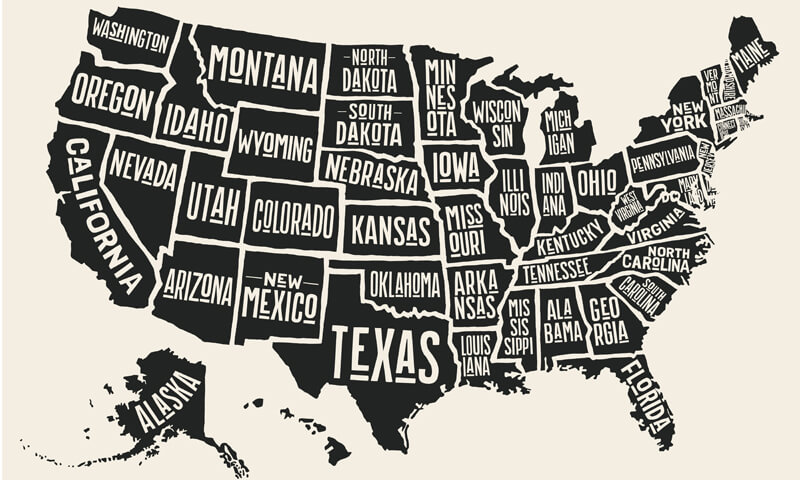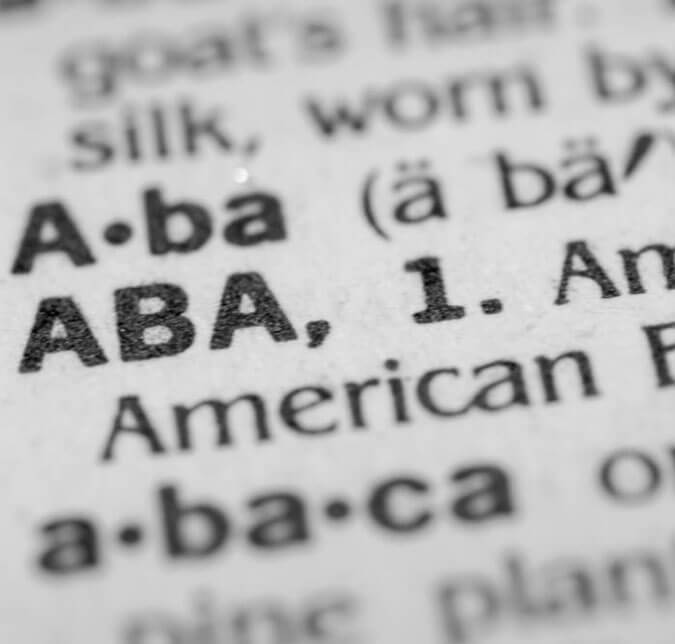Economic penalties increase for Russia after the annexation of Crimea earlier this month. Bloomberg News has reported that Sanctions imposed by the U.S. and the European Union are pushing Russia toward a recession. Russia is the largest country in the world, covering more than one-eighth of the Earth’s inhabited land area.
President Vladimir Putin has reportedly become popular by making Crimea a part of Russia again after 60 years. Analysts Vladimir Kolychev and Daria Isakova wrote in the March edition of the bank’s Russian Economy Monthly report, “Faced with heightened uncertainty, firms are delaying investment and hiring, while households choose to postpone discretionary spending.”
Romania’s government representative for diplomacy and economic projects, Mircea Geoana, said that “We’re witnessing the start of a new geopolitical and economic Cold War and I think it will take at least two to three years to establish some sort of equilibrium,” he stated that, according to Bloomberg News, “The ones who’ll pay the bill for this aggression, no matter how popular and patriotic it looks, will be the Russian people because there’s a huge difference between the economic force of the EU and the U.S. and that of Russia.”
At a press briefing, bank CEO German Gref said that according to Reuters, “The present situation has a negative impact on the economy worldwide, both in Russia and in Europe.”
Reuters has also reported that Washington’s sanctions have targeted 20 Russians that are close to President Vladimir Putin, including Boris Rotenberg and his older brother Arkady, the co-owners of SMP Bank. Bank Rossiya has reportedly also been directly impacted by the sanctions.
Many companies have raised concern that their business interests in Russia could be affected by increased sanctions. The ruble is the second-worst performer against the dollar behind Argentinian peso, among 24 developing-market currencies tracked by Bloomberg. Standard & Poor’s and Fitch Ratings cut their outlook on Russia’s credit grade to negative from stable, which suggests that a downgrade is most likely next.
Image credit: www.cbc.ca











































